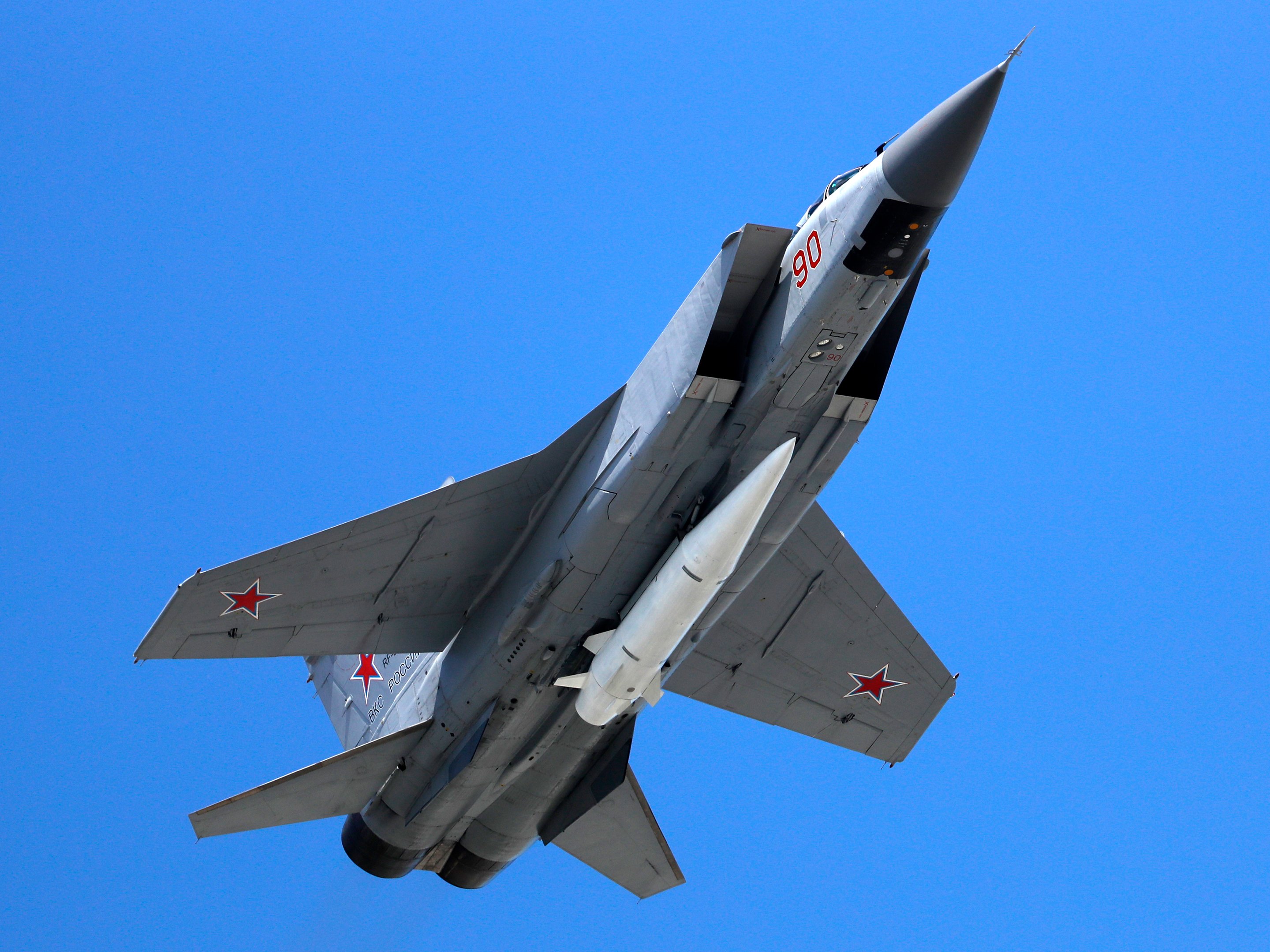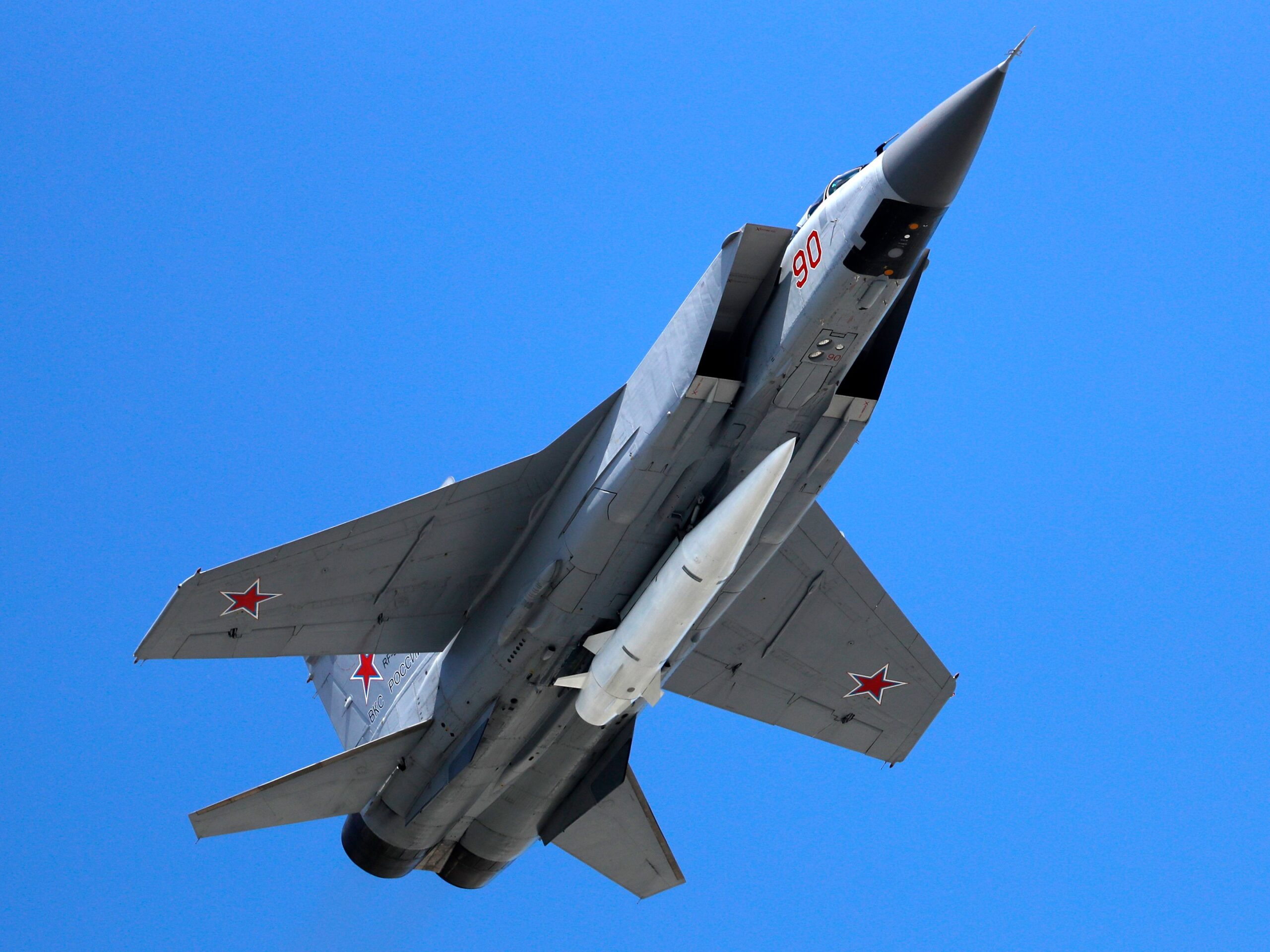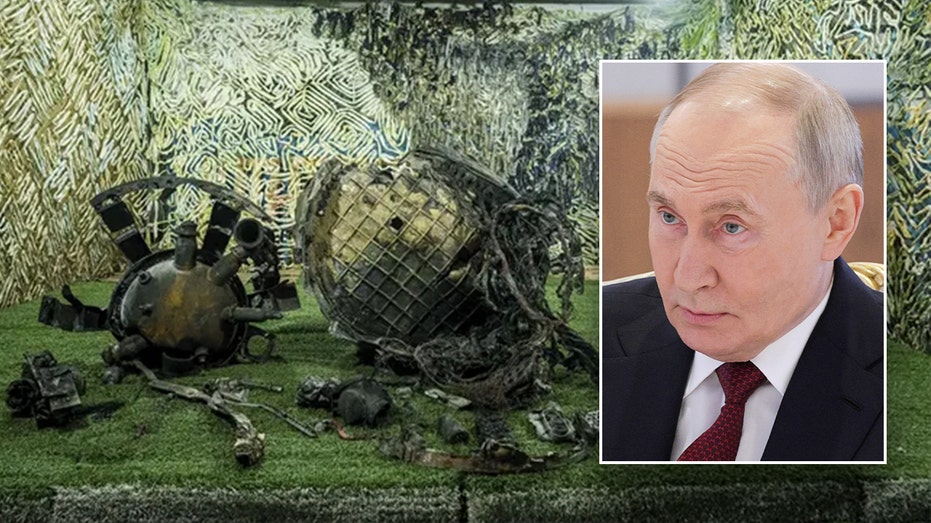
Russia-Ukrainian Conflict: Escalation of Strikes and New Threats
In a significant escalation of hostilities, Russian President Vladimir Putin has announced the potential targeting of government buildings in Kyiv, following a series of missile and drone attacks aimed at Ukraine’s critical energy infrastructure. These developments come as Ukraine endures relentless assaults on its cities and power facilities.
Hypersonic Missiles and Intensifying Threats
Following an overnight attack that saw nearly 200 missiles and drones strike various locations across Ukraine, President Putin indicated that the capability of Russia’s new hypersonic missile, named Oreshnik, may be employed against key targets in the Ukrainian capital. This missile is designed to evade current air defense systems, raising alarms among Ukrainian officials and the international community.
Despite not having struck decision-making centers in Kyiv until now, Russian forces seem to be prepared to escalate tactics, utilizing advanced weaponry aimed at crippling Ukraine’s military capabilities. The Oreshnik missile was first deployed against a weapons production facility in the city of Dnipro on November 21, a response to Ukraine’s earlier successful strikes on Russian military installations.
Ukraine’s Military Response
Ukraine’s strategic use of U.S.-supplied ATACMS long-range missiles to hit Russian targets in Bryansk on November 19 prompted this intense response from Russia. The situation has escalated further with Ukrainian missile strikes on Russia’s Kursk region, generating added tension in this continued conflict.
Putin’s Rhetoric and Military Strategy
Addressing a gathering of former Soviet states in Kazakhstan, Putin emphasized the need for Russia to respond decisively to perceived threats against its territory. He claimed that the production of revolutionary missile systems in Russia outpaces that of NATO countries by a significant margin. Such assertions reflect a military strategy aimed at prolonging the war, which has now exceeded 1,000 days.
The Oreshnik missile’s specifications amplify concerns. With a flight range between 310 and 3,100 miles, it can reach targets across Europe and even the U.S. West Coast at hypersonic speeds, traveling up to Mach 11. The potential deployment of this missile, capable of delivering both conventional and nuclear payloads, signals a dramatic shift in military tactics aimed at overwhelming Ukraine’s defenses.
Impact on Ukraine’s Energy Infrastructure
The recent aerial assault on Ukraine, occurring on a large scale, has caused widespread power outages affecting over a million households. Major cities, including Kyiv, Kharkiv, and Rivne, experienced numerous explosions as a result of the attack. Ukrainian officials attribute this campaign to a calculated effort by Russia to dismantle the nation’s energy infrastructure in anticipation of the winter months, a strategy that could severely impact civilian morale and resilience.
Ukrainian President Volodymyr Zelenskyy condemned the attacks as a “vile escalation.” He accused Russia of employing cluster munitions in their strikes, complicating recovery efforts and increasing the danger to civilians. Zelenskyy has called upon Western allies to expedite the delivery of promised air defense systems amid indications of delayed military aid.
Global Diplomatic Moves and Conclusion
Amidst the deteriorating security situation, diplomatic efforts are also evolving. Recently, President-elect Donald Trump proposed the establishment of a special envoy position to specifically address the Russia-Ukraine conflict. His nominated envoy, Lt. Gen. Keith Kellogg, suggests utilizing U.S. weapons as leverage in potential armistice negotiations with Russia, presenting a controversial but strategic vision for conflict resolution.
The current escalation in the Russian-Ukrainian conflict exhibits increasing complexity, with neither side showing signs of backing down. As both military strategies and international responses continue to evolve, the consequences of these developments will likely resonate across Europe and beyond, challenging global security and humanitarian efforts.
*Contributions to this report were made by Rebekah Koffler, The Associated Press, and Reuters.*


















